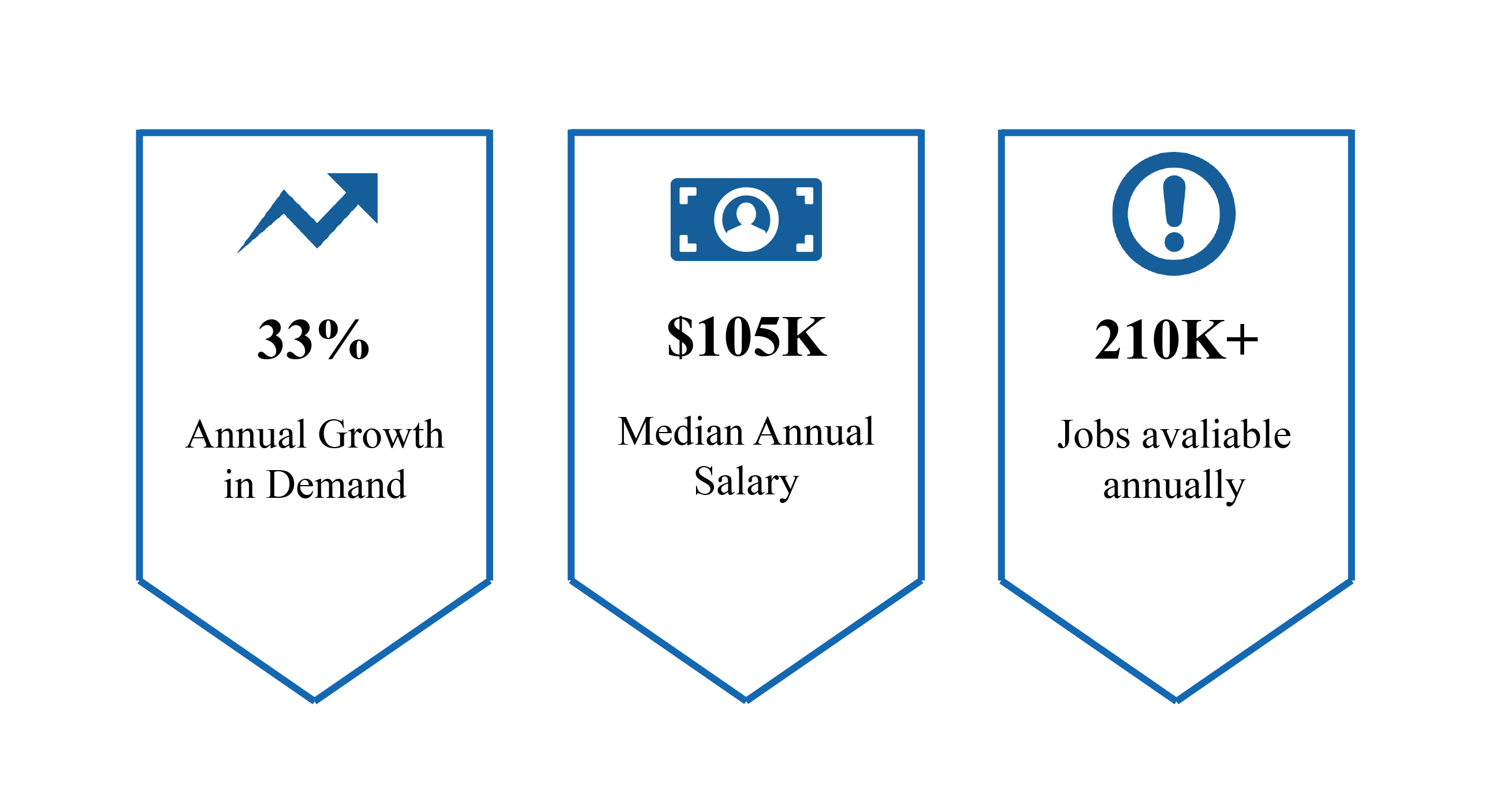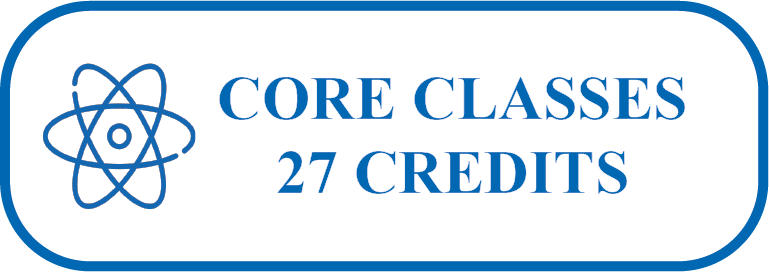Healthcare Management
Our MBA in Healthcare Management is an especially popular concentration, given North Carolina's unique access to a variety of world-class healthcare providers, including UNC, Duke, Fayetteville VA, and the local Cape Fear Valley health systems.
The MBA program at FSU requires students to complete 39 credit hours for MBA with the concentration in Health Care Mangement.

Concentration-specific Electives
This course provides a foundation to understand and apply the concepts of managed care. The evolution and need for managed care will be explored as well as the managerial tools needed to accomplish managed care goals. Particular emphasis will be placed on the provider and consumer issues inherent to managed care systems in the current environment, as well as the application of managed care concepts to specific industry segments.
Credits: 3
This course focuses on the financial assessment, acquisition, allocation, and control of financial aspects of healthcare organizations. Topics include the application of financial management principles of the unique decision-making in the healthcare industry, budgeting processes, cost allocation, fee structures, and management control process.
Credits: 3
This course is designed as an advanced study in the application of marketing tools within varied healthcare settings. Additionally, core marketing concepts and contemporary issues in healthcare marketing will be explored with an emphasis on using marketing tools to meet organizational and public health goals.
Credits: 3
This course provides guidance in preventing and solving managerial and biomedical ethical problems including substantive ethical principles and procedural methodologies by which managers can understand, analyze and resolve ethical problems. Topics covered include business ethics versus health care ethics, conflicts of interest, ethical committees, informed consent, confidentiality, human experimentation, death and dying, abortion, the ethics of managed care, and HIV disease. In the second part of the course, federal and state laws, health care agencies and regulations are evaluated. Recent court decisions and their implications with respect to the healthcare profession will be discussed. Class discussions will consist of the realistic aspects of using legal counsel and diminishing tort and criminal liability to the health care institution.
Credits: 3
This course is designed to explore key concepts, theories, and issues in the effective utilization of human resources within health service organizations. The strategic value of human resource management will be emphasized as will the contemporary human resource environment, acquisition, and preparation of human resources, assessment and development, compensation, and additional special topic areas.
Credits: 3
This course will introduce students to HCM technology systems, tools, and products and to provide a conceptual framework for understanding how to use technology to reduce costs and improve productivity, efficiency, and effectiveness in their current and future work situations. Today's health practitioner has to use technology to find medical information and use accounting systems, personal systems, health insurance company systems, inventory systems, patient billing systems, purchasing systems, as well as input and retrieve data.
Credits: 3
This course examines the concept of quality and quantity assessment from multiple perspectives: patients, healthcare providers, payers, standard-setting organization and healthcare policymakers. Content will address the importance of leadership while creating a culture of quality and patient safety in healthcare. Topics include: the definition of quality and its function in health services; clinical quality improvement; measurement, statistical tools, quality structure, process and outcomes measurements; strategic quality planning; quality tools; the importance of customer's voice, market voice; and international quality standards. This course will introduce students to HCM technology systems, tools, and products and to provide a conceptual framework for understanding how to use technology to reduce costs and improve productivity, efficiency, and effectiveness in their current and future work situations. Today's health practitioner has to use technology to find medical information and use accounting systems, personal systems, health insurance company systems, inventory systems, patient billing systems, purchasing systems, as well as input and retrieve data.
Credits: 3
You will find information about Admission to the MBA program on the Admissions page or fill out the online application by clicking Apply button!
Career Outlook
Job Market

Careers in Health Care Management
Students who receive Graduate Certificate or graduate with an MBA with a concentration in Health Care Management will have the required skills to apply for the following positions:
- Providers (Hospitals, Medical Clinics, Outpatient Facilities, Elder Care Facilities)
- Quality Managers
- Suppliers (Consulting Firms, Medical or Hospital Product Developers, Healthcare Services Marketing Firms, Regulatory Compliance Specialists, Security and Access Control, Financial Services
- Insurance Services (Patient health Insurance like BCBS, Government health insurance like Medicare, Medicaid, Tri-care, Professional Malpractice insurance, Physical Facility & Liability insurance)
- Government (Federal HHS roles especially CMS, CDC, NIH, Social Security which administers Medicare, Federal & State regulatory agencies, Medicaid, US Public Health Service)

